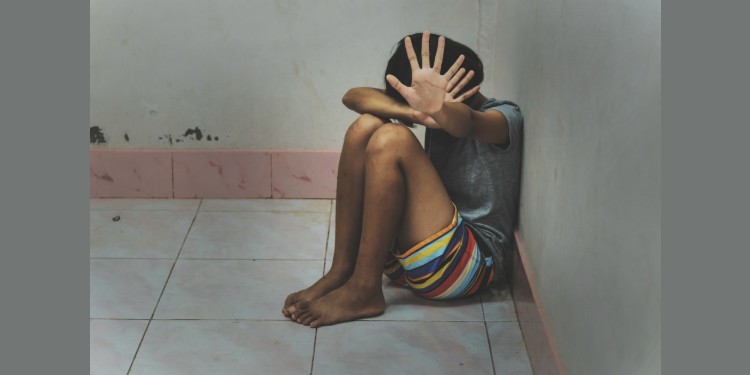There is a growing trend in the occurrence of domestic violence in our society. These incidents are not restricted to any age, gender and cut across different economic class. Domestic violence occurs amongst people who have a relatively close level of relationship such as Husband-Wife, House Help – Employer, Parent-Child amongst others. The focus of this article is on abuses between parents and children relationship. Parent-Child Abuse (let’s call it PCA) can manifest in diverse forms, verbal, psychological physical and even sexual.
The effects of such abuse can be life-altering as it can span a few months to years and transcend into the development of certain terrible habits. Dealing with the trauma from these experiences can be difficult majorly because of the complete trust a child has in her parents. So in handling the effect, it’s easy to minimize the extent of abuse like trying to fragment the memories into hundreds of shards. This does not erase the knowledge, emotions and bodily sensations aroused by the abuse and often leads to a deterioration in personality.
In overcoming the effects, here are a few things to consider:
Be Expressive
Finding ways to express or vocalize your experience helps the healing process. Such expressions in safe spaces and with safely trusted people aid in bridging the lacuna caused by the abuse because they help release locked unpleasant memories and open the door for new ones to fill up the spaces created. You can recognize survivors of abuse by their courage. When silence is so very inviting, they step forward and share their truth so others know they aren’t alone. So, Speaking up is important, do not bottle it. Opening up makes it easy to get the necessary help you’d need while beginning the healing process.
The Responsibility is Not Yours
PCA can be devastating, but it doesn’t have to own or define you. Thus, realising that you’re not responsible for the wrong actions of your parents is important. Given the close relationship between the abuser, abused and most times the age of the children involved, it’s easy to believe that you caused the abuse. You’re not at fault.
It could’ve been the inability of your parent /guardian to handle life issues well or even past abuse. But it’s not your fault.
Seek Professional Help
You do not have to go through the healing process alone. Employing the help of professionals like psychologists would be beneficial and this doesn’t connote a mental disorder. It just shows commitment to your healing process. Also, having an accountability partner (someone whom you can trust) helps a lot if terrible habits have been formed.
Handling Little Children Affected by PCA
In handling young children that have gone through or are dealing with PCA, re-educating them is key. Parents must create a more conducive and welcoming environment for them. And then, patiently get to know their experiences. Secondly, they are not reasonable for the experience they have had. In addition, teach the child ways to stay protected in the event of re-occurrence and if possible, take the child away from that abusive environment. The key to making a lasting positive impact in the lives of these children is to be actively involved in the affairs of their lives.
In conclusion, do not live in fear, do not let the past darken the possibility of a beautiful present and great future. You are not going to be the same kind of parent, because when you’ve experienced PCA, you realise that you have a choice, a choice to do right, a choice to show that love doesn’t have to be brutal and destructive, a chance to birth and nurture better. So stay committed to your healing process and live your best life
